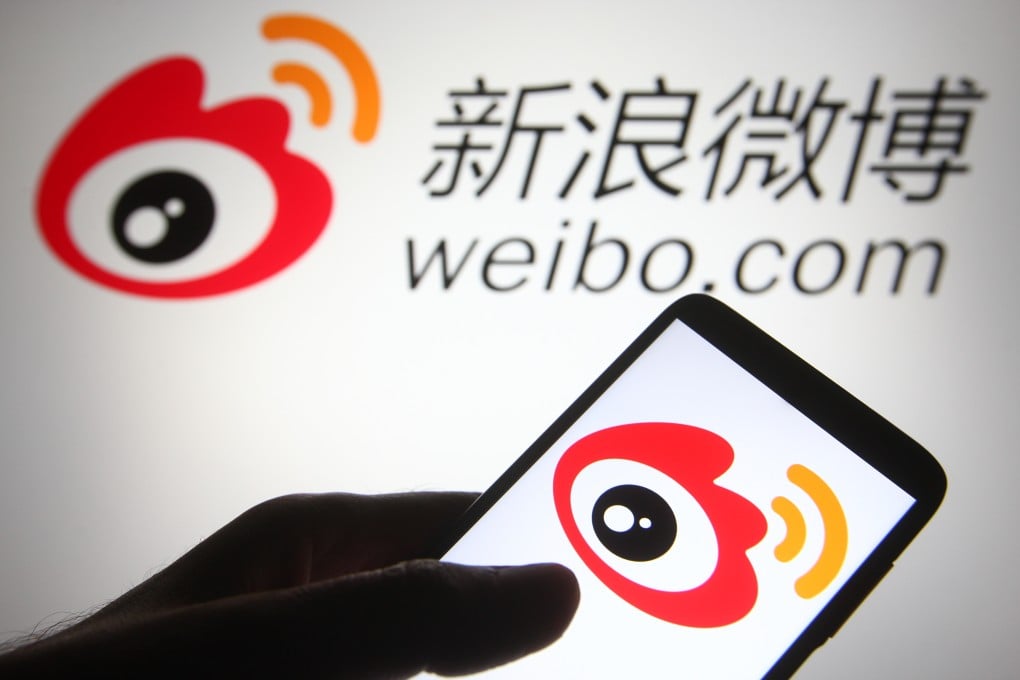Chinese regulator punishes Weibo for allowing ‘forbidden’ information on its platform
- The CAC did not specify the exact reasons for the punishment, but Weibo has long been an important platform for internet users to participate in public discussion
- Peng’s Weibo post was taken down minutes later, but her allegations quickly spread and created an international public relations headache for Beijing

China’s internet regulator has summoned and fined social media network Weibo for repeatedly allowing “information forbidden by law and regulations”, a move that comes just weeks after Chinese tennis player Peng Shuai first posted her sexual assault allegations against China’s former vice-premier Zhang Gaoli on the platform.
The Cyberspace Administration of China (CAC) said in a statement on Tuesday that it has imposed a fine of 3 million yuan (US$471,165) on Weibo, often dubbed China’s Twitter. The CAC did not specify the exact reasons for the punishment, but Weibo has long been an important platform for internet users to participate in public discussion, despite the country’s already heavy censorship regime.
Peng’s Weibo post only lasted minutes before it was taken down, but it was enough time for her explosive allegations to spread across the Chinese internet and translate into one of the biggest public relations headaches for Beijing in a long time.
In its statement, CAC said it punished Weibo a total of 44 times from January to November this year, with fines totalling 14.3 million yuan.
The latest regulatory action comes less than a week after Weibo made a secondary listing in Hong Kong, raising US$385 million. The stock was trading down 8 per cent on Tuesday morning.
Weibo “sincerely accepts” the regulator’s criticism, will “earnestly fulfil” the requirements and improve its abilities to regulate its ecosystem, the company said in a statement published on its official Weibo account.